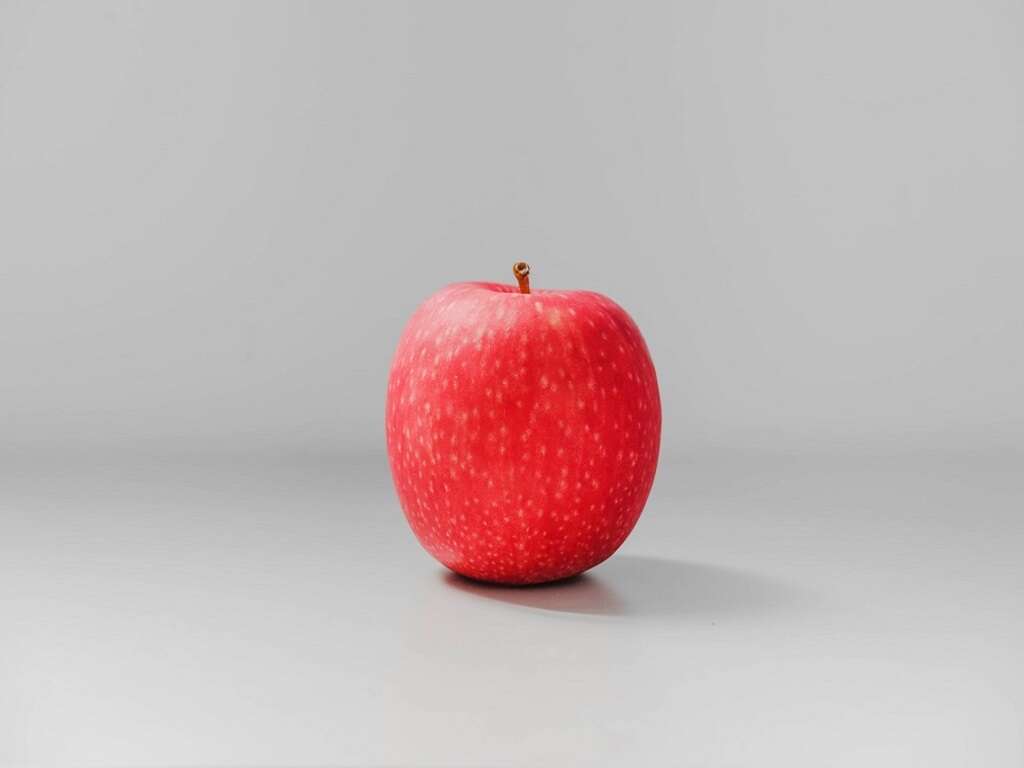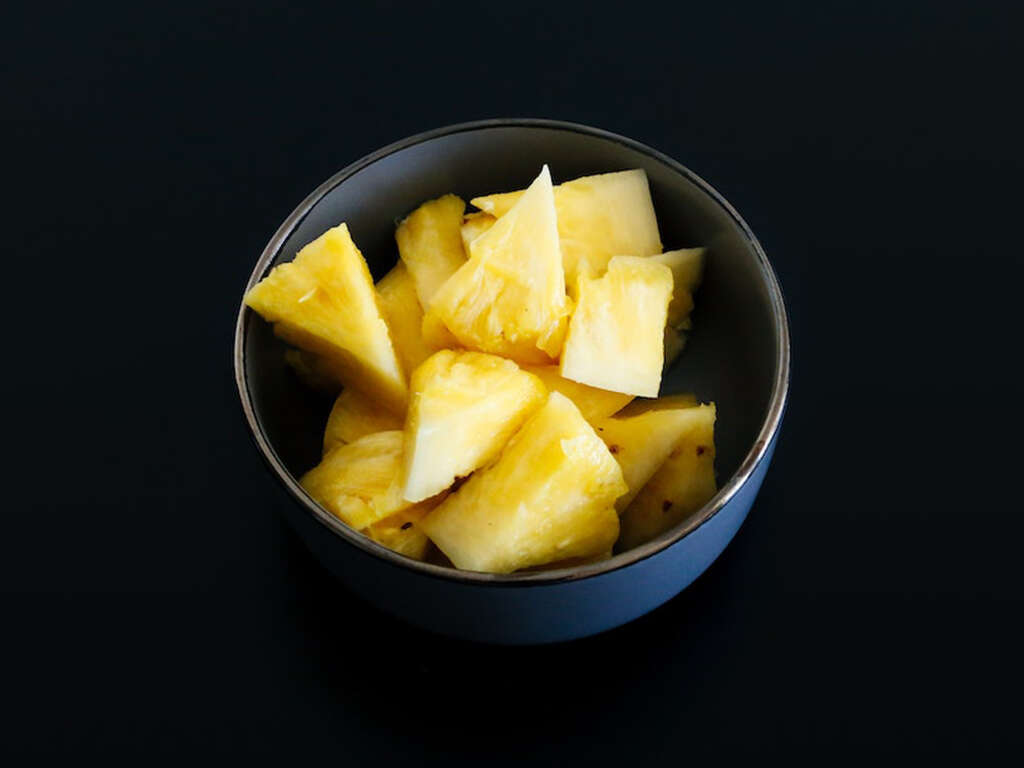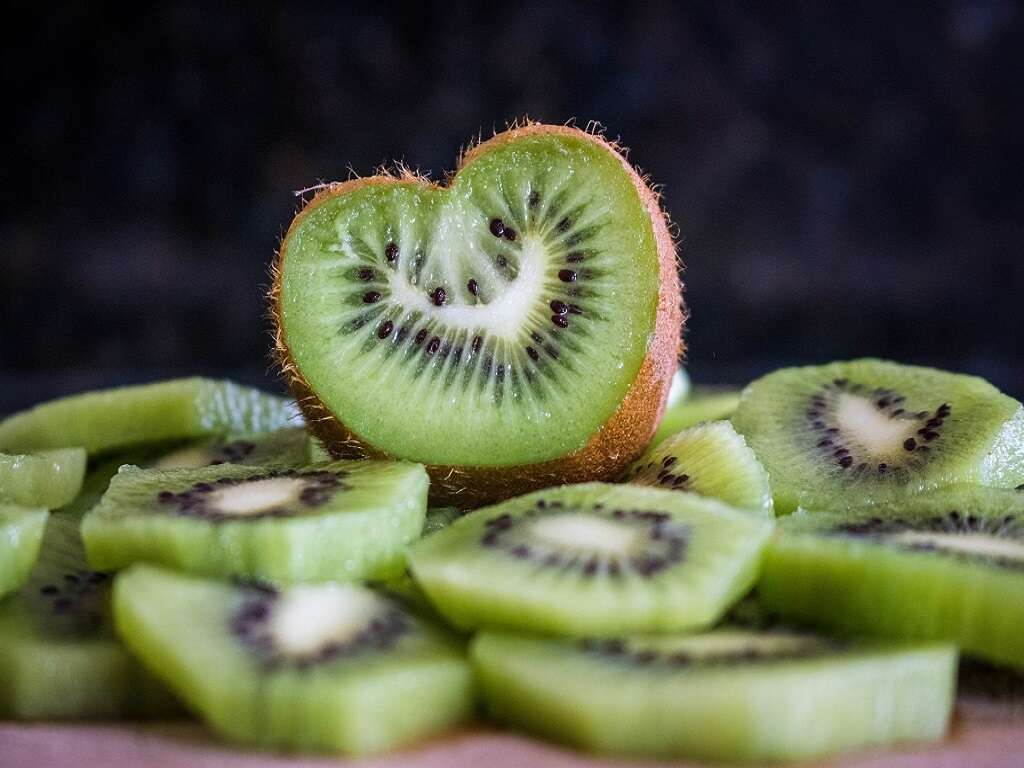10 Benefits of Bananas
Bananas are very healthy. Bananas also happen to be one of the most produced and purchased fruits in the world. Exports for the fruit in 2015 reached 18 billion, with half of that shipment being sent to the United States. In the United States, it is estimated that each person eats 11.5 lbs of bananas each year. This makes it the United States’ most consumed fruit.
It makes sense for the fruit to be so popular. It is a great snack, it can be paired with numerous nut butters, and can also be a part of baked dishes.
Aside from its popular taste value, bananas are incredibly nutritious. The fruit contains numerous health benefits such as fighting diabetes, reducing inflammation, and aiding in weight loss.
Benefit #1: Heart Health
Bananas are great for heart health. Bananas are rich in potassium. Just one medium banana contains 425 mg of potassium. This small snack makes up 12% of the daily value of the mineral. Potassium is essential for good heart health because it keeps electricity flowing in your body, which aids in keeping the heart pumping. In addition, the fruit has no sodium, which is also a plus for heart health.
One study, found a link between healthy arteries and increased banana consumption. Meaning the more bananas eaten, the less likely your arteries will harden. In the study, mice with a lower-potassium diet had harder arteries than mice consuming a normal amount of potassium. Arterial stiffness in humans is linked to heart disease and heart attacks.
Benefit #2: Better Mood
Ever in a bad mood, or just feeling down and out? Grab a banana. Bananas can help improve mood. This is because bananas contain high levels of tryptophan, which our bodies convert to serotonin. Serotonin, commonly known as the “happy neurotransmitter,” helps elevate our moods.
In addition to its high levels of tryptophan, bananas also have vitamin B6, which helps you sleep well due to its sleep-inducing properties and magnesium which helps relax muscles and help us feel at ease. With all these factors combined, bananas are great at elevating our moods.
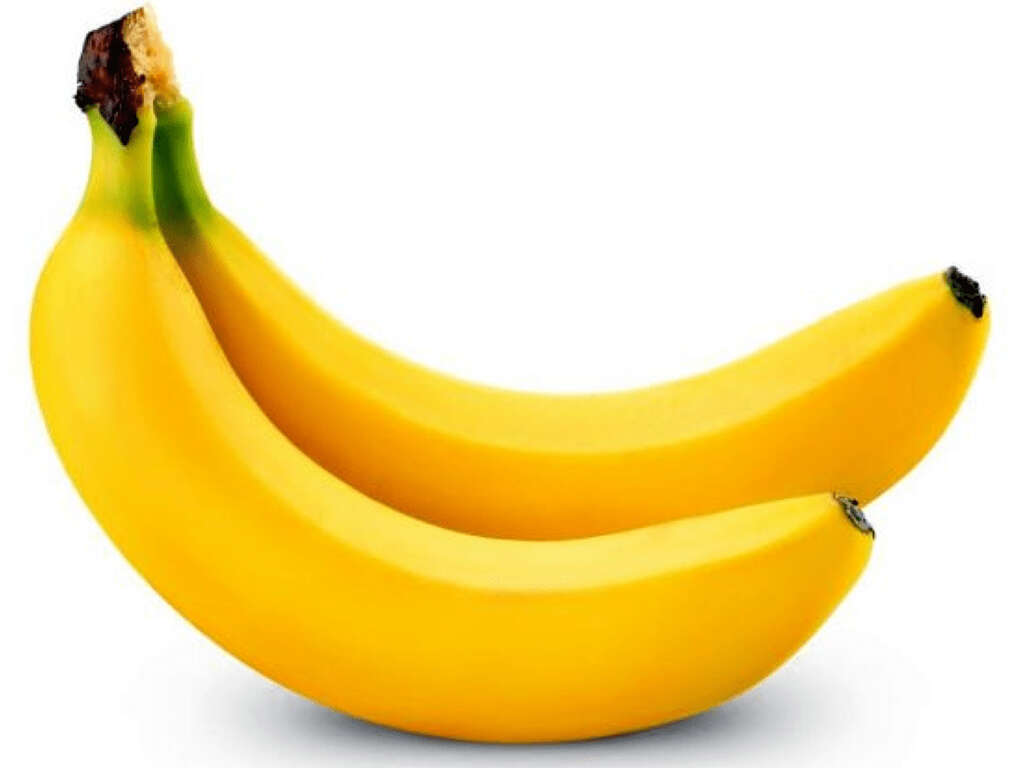
Benefit #3: Digestion and Weight Loss
In addition to its high potassium content, bananas are also very high in fiber. Fiber is great because it not only helps with normal bowel movements and keeping the digestion system working regularly, it also slows digestion. What does slowed digestion mean? It means you will stay full longer! And because it is low calorie, this will help with daily caloric intake.
Bananas are especially high in resistant starch. Resistant starch is any starch that is not digested in the small intestine but passes to the large bowel. Resistance starch is associated with several positive effects on the metabolism such as low glycemic changes, lower plasma cholesterol, and lower triglyceride levels. Resistance starches are very important in combatting chronic disease.
Benefit #4: Exercise
Planning to work out after work, but afraid you won’t have enough fuel to power through a full workout? Grab a banana. Bananas are great pre-workout snacks as they are very effective in fueling us with energy and replenishing electrolytes. Some studies even suggest they may be more effective than sports drink, which tend to be more calorie harming than useful.
One study looked at male athletes competing in long-distance cycling races. They compared athletes refueling with Gatorade every 15 minutes to athletes refueling with a banana and water. Researchers saw that the athletes’ performance times and body physiology were the same in both cases. But the banana’s serotonin and dopamine improved the athletes’ antioxidant capacity and helped with oxidative stress, improving performance overall.
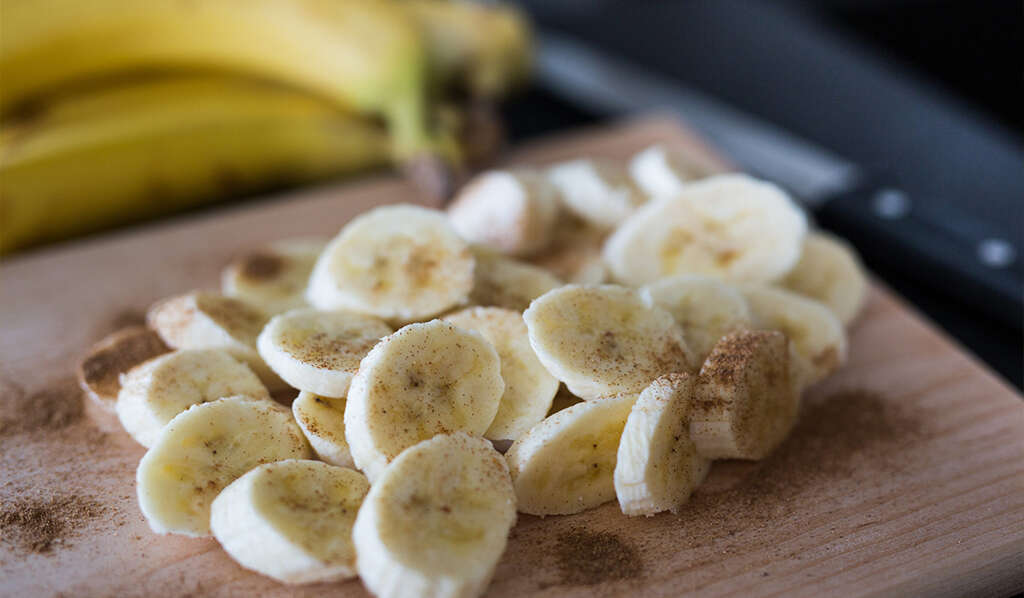
Benefit #5: Bone Health
Calcium is crucial when it comes to bone health. However, calcium does not work alone. Calcium requires the help from phosphorous, vitamin D, and numerous other factors to be absorbed by the body. Bananas do not have much calcium; however, they do contain an abundance of fructooligosaccharides
Fructooligosaccharides are nondigestive carbohydrates that encourage digestive friendly probiotics and enhance the body’s ability to absorb calcium. This is essential because if the body cannot absorb calcium, it cannot use it. Not being able to absorb calcium can lead to a plethora of issues such as low bone density, osteomalacia, and even osteoporosis.
Benefit #6: Kidney Disease
Advanced kidney disease is when the kidney is no longer able to filtrate metabolic waste and leads to a toxic build-up of numerous minerals and protein. If untreated, the only treatment for the disease would be a kidney transplant. As mentioned above, bananas have a high amount of potassium, which is beneficial for heart health. This is also beneficial for kidney health.
In a 13-year study, it was determined that women who ate bananas 2–3 times a week were 33% less likely to suffer from kidney disease. In another study, it was determined those who ate the fruit 4–6 times a week were 50% less likely to suffer from the disease. Thus, bananas are definitely the way to go to combat this chronic disease.
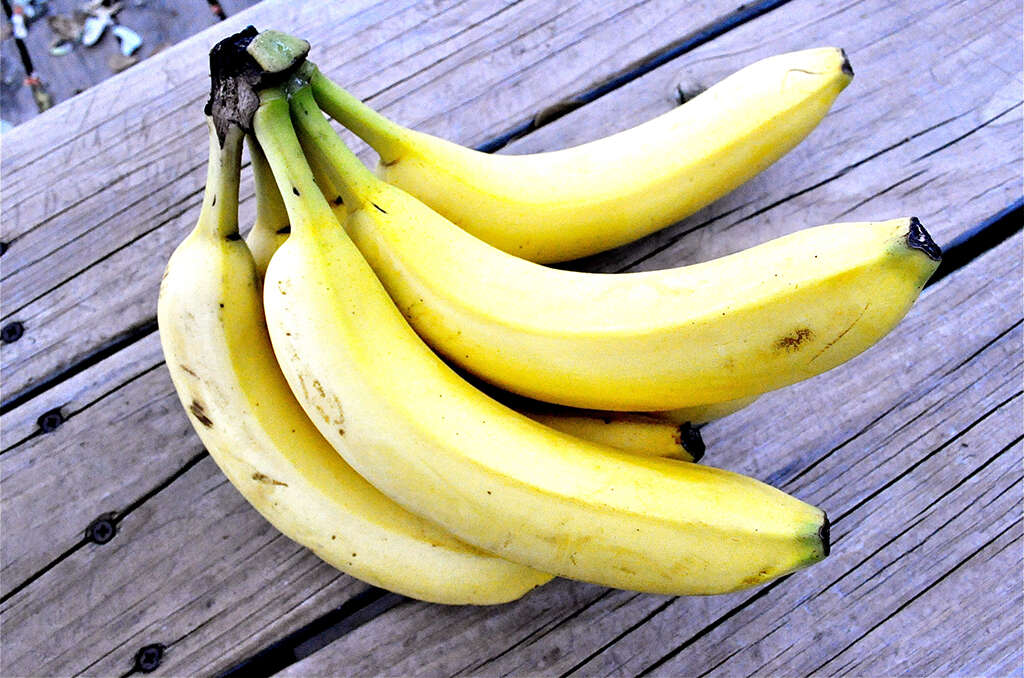
Benefit #7: Easy to Incorporate into the Diet
Bananas are healthy, have a good taste, can be purchased at any grocery store, and can be very easily incorporated into the diet. They can be added to your yogurt, oatmeal, smoothies, or even into a banana peanut butter sandwich. They can also be used to bake. People who are on low carbohydrate diets often combine egg and banana to make waffles, pancakes, or even cakes. Since smashed bananas have a thick consistency, they make a great flour alternative.
In addition, they are easy to transport so can be taken with you to work or school for a perfect snack. Also, due to their thick outer skin, they rarely contain pollutants or pesticides.
Benefit #8: Moderates Blood Sugar Levels
Diabetes is a huge problem in the United States. Diabetes is irreversible and if untreated can lead to kidney disease, blindness, loss of limbs, and even a stroke. Individuals with diabetes must pay attention to the foods they eat and in what combination to avoid high blood sugar levels.
As mentioned above, bananas are high in fiber and resistant starch. These components of bananas moderate blood sugar levels after meals and reduce appetite by slowing the emptying of your stomach. In addition, bananas rank low on the glycemic index. For individuals with diabetes, it is important to consume bananas with a protein source to slow its absorption.
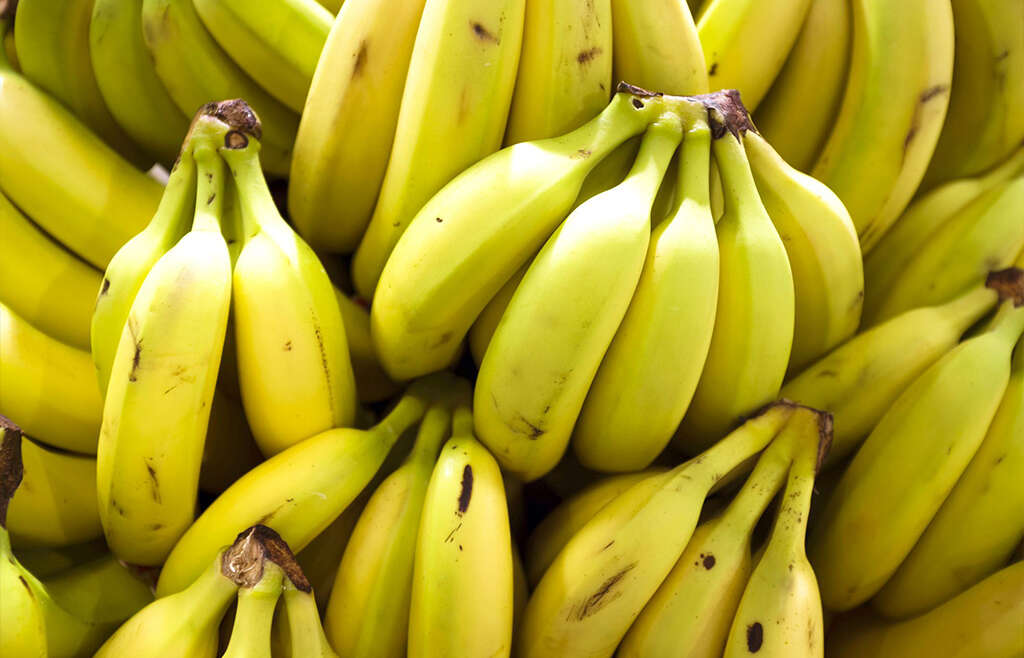
Benefit #9: Fights Anemia
Iron deficiency anemia is the most common cause of anemia. Iron is essential in ensuring healthy red blood cells and ensuring hemoglobin can transfer oxygen throughout the body. Although very common, iron deficient anemia can usually be combatted by increasing iron in the diet.
There are two forms of iron. Heme and non-heme iron. Heme iron is easier for the body to absorb and only exists in meat sources such as eggs, chicken, and beef. Non-heme iron is found in plant-based foods. Bananas, a fruit, contains the non-heme version of iron. Although not as easy for the body to absorb, bananas are still a high source of plant iron that can easily and cheaply be added to one’s diet. This is especially beneficial for vegans and vegetarians.
Benefit #10: Helps with Bloating
No one likes feeling bloated. It is uncomfortable and makes us feel self-conscious, especially when eating our favorite desserts. Luckily, bananas can help with bloating.
Bananas fight against the gas and water retention that comes with bloating. One recent study found that women who ate a banana twice daily as a pre-meal snack for 60 days reduced their belly-bloat by 50 percent! Why? The fruit increases bloat-fighting bacteria in the stomach, and it’s also a legendarily good source of potassium, which can help diminish retention of fluids.






